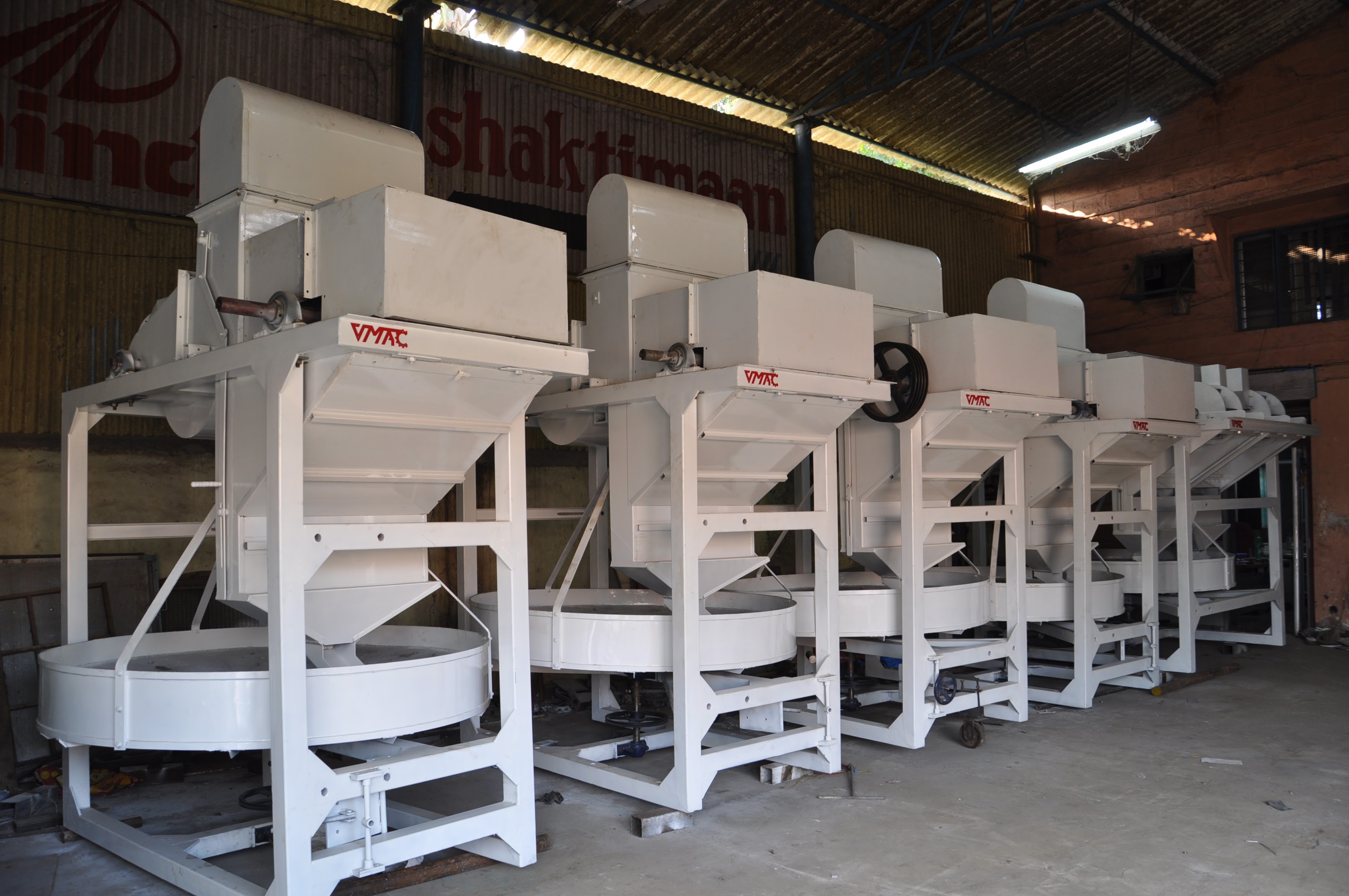
Production
Mastering Coffee Production
At Vmac Industries, we've mastered the balance between traditional craftsmanship and modern technology.
Brewing the best-tasting coffee is both an art and a science. While personal preferences play a role, there are fundamental principles that can elevate your coffee experience. By concentrating on three crucial steps—selecting quality beans, grinding properly, and mastering your brewing method—you can enjoy a rich, flavorful cup every time. This guide will walk you through these steps, providing tips and insights to enhance your coffee-making skills.
Flavor Preservation: Freshly roasted beans retain their aromatic oils and flavor compounds.
Avoid Staleness: Older beans can result in a flat or bitter taste.
Buy Whole Beans: Whole beans maintain freshness longer than pre-ground coffee.
Check Roast Date: Choose beans roasted within the last two weeks.
Opt for Specialty Coffee: Look for beans with clear origin information and tasting notes.
Light Roast: Preserves the bean's original characteristics; ideal for pour-over methods.
Medium Roast: Balances flavor and acidity; versatile for various brewing methods.
Dark Roast: Offers bold, robust flavors; suitable for espresso and French press.
Flavor Release: Grinding exposes the bean's interior, releasing volatile compounds.
Prevents Oxidation: Ground coffee oxidizes quickly, leading to flavor degradation.
Coarse Grind: Ideal for French press and cold brew.
Medium Grind: Suits drip coffee makers and pour-over devices.
Fine Grind: Best for espresso machines and Moka pots.
Burr Grinder: Provides consistent grind size for even extraction.
Avoid Blade Grinders: Can produce uneven particles, affecting flavor.
Use Filtered Water: Impurities can alter the coffee's taste.
Optimal Temperature: Brew with water between 195°F and 205°F (90°C to 96°C).
Standard Ratio: Use 1 to 2 tablespoons of coffee per 6 ounces of water.
Adjust to Taste: Experiment to find your preferred strength.
Pour-Over: Offers control over brewing variables; highlights nuanced flavors.
French Press: Produces a full-bodied cup with rich texture.
Espresso: Delivers a concentrated shot with intense flavor.
Drip Coffee Maker: Convenient and consistent for daily use.
Follow Guidelines: Each method has an optimal brew time (e.g., 4 minutes for French press).
Avoid Over-Extraction: Prolonged brewing can lead to bitterness.
Avoid Under-Extraction: Too short brewing results in weak, sour coffee.
Warm Up Devices: Preheating brewers and cups helps maintain optimal temperature.
Airtight Containers: Use opaque, airtight containers to preserve freshness.
Cool, Dark Place: Keep beans away from heat and light sources.
Prevent Residue Buildup: Old oils can impart off-flavors.
Ensure Consistent Taste: Clean equipment maintains the integrity of your coffee.
Making the best-tasting coffee involves attention to detail and a willingness to experiment. By selecting high-quality, fresh beans, grinding them just before brewing, and mastering your brewing technique, you set the foundation for a delightful coffee experience. Remember, consistency is key, and understanding how each variable affects the final cup will help you refine your skills. With practice and patience, you'll be able to brew coffee that rivals your favorite café.
Experiment with Beans: Try different origins and roast levels to find your preferred flavor profile.
Upgrade Equipment: Consider investing in a quality burr grinder or brewing device.
Learn More: Visit our Blogs for additional coffee tips and insights.
Contact Us: For personalized recommendations, reach out via Contact Us.
Lastest blog posts